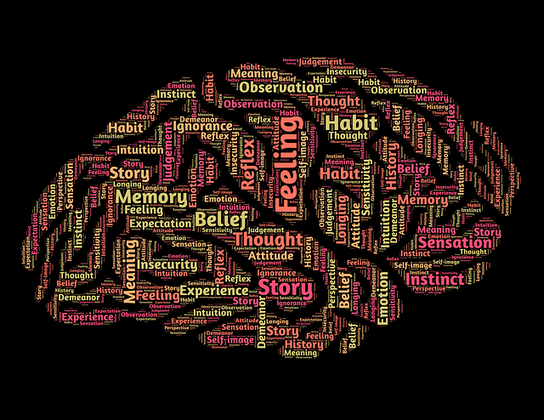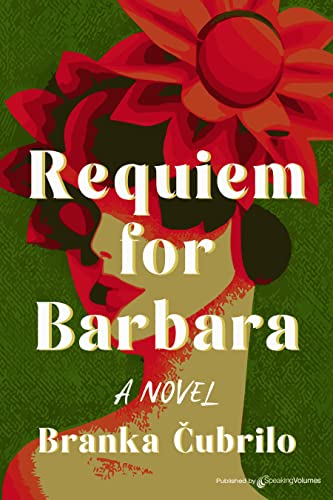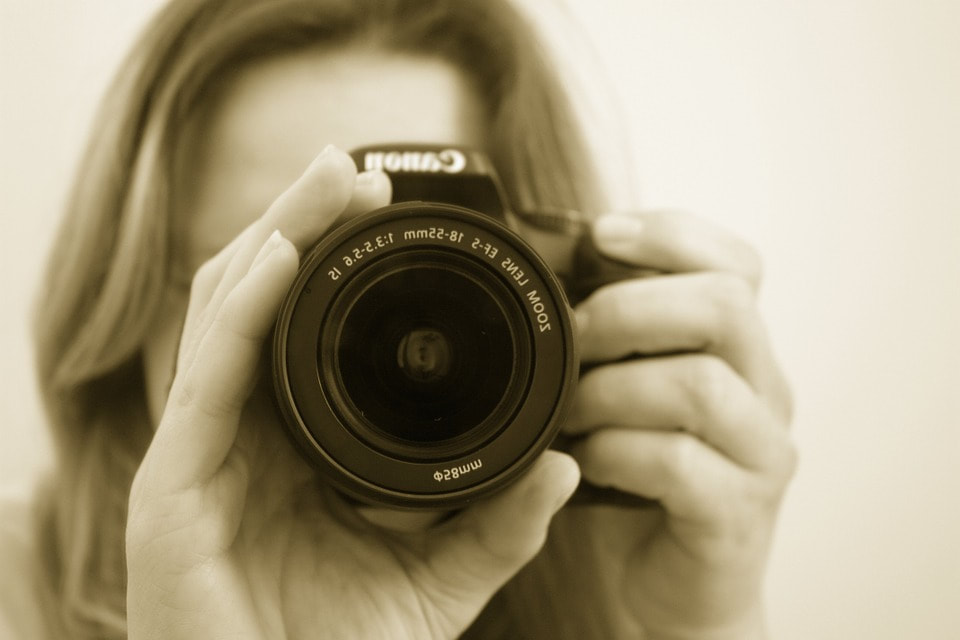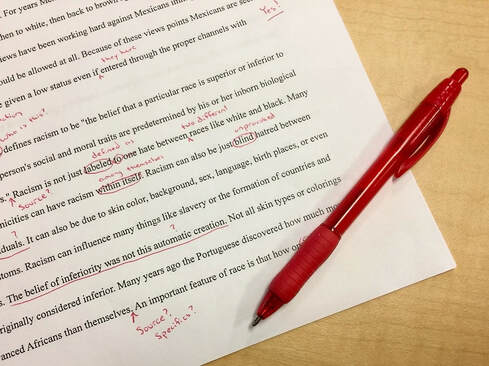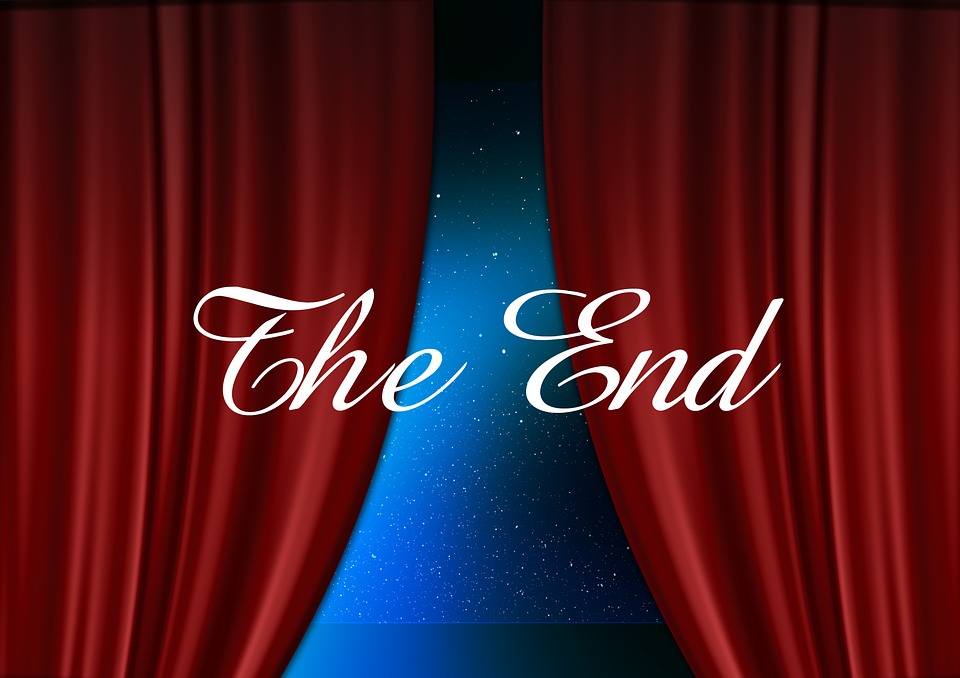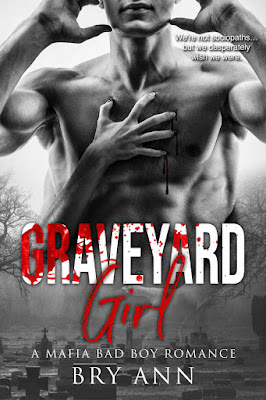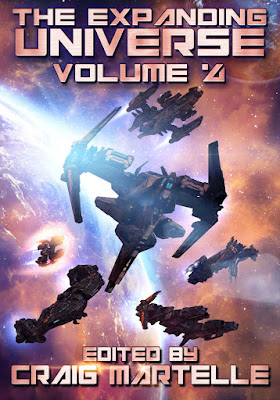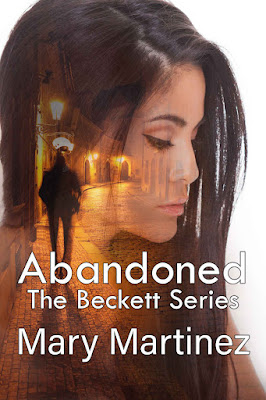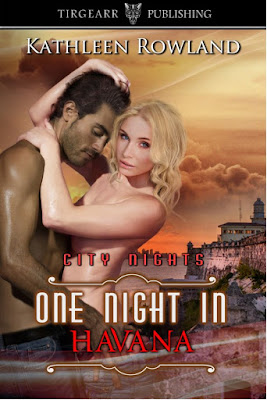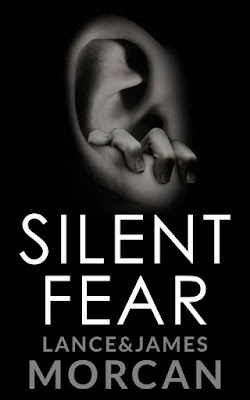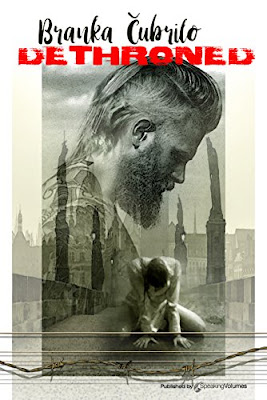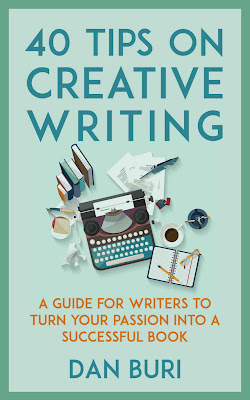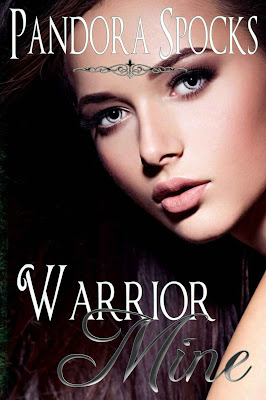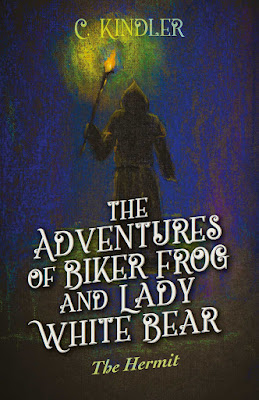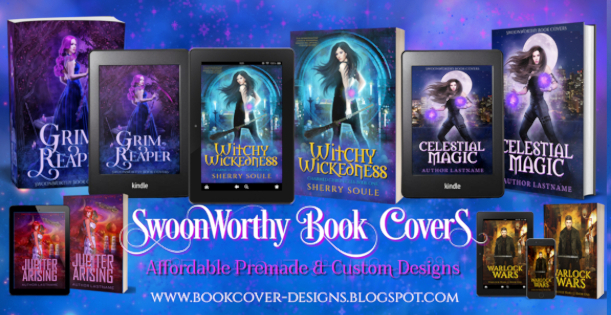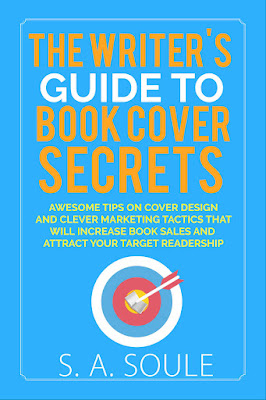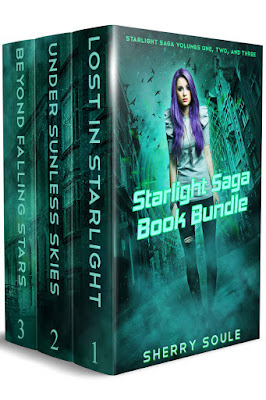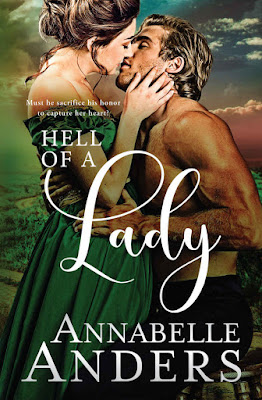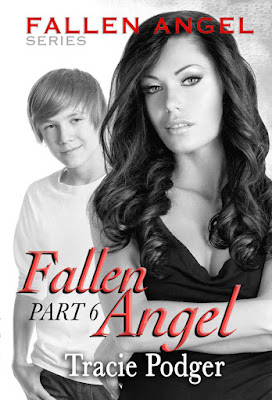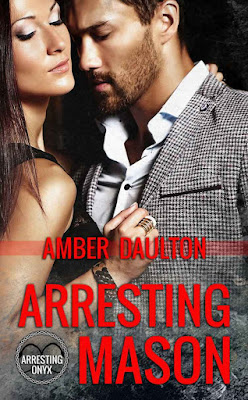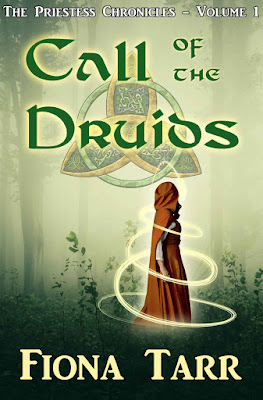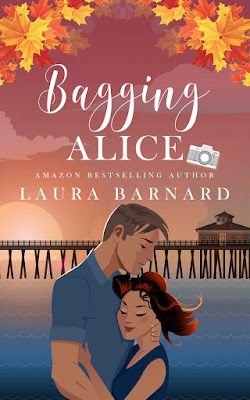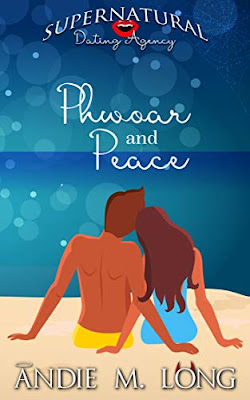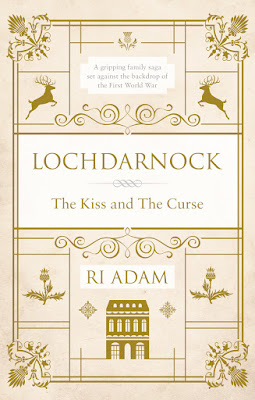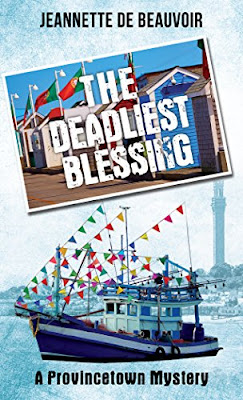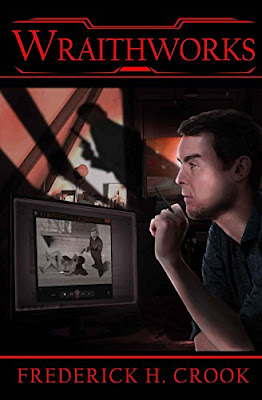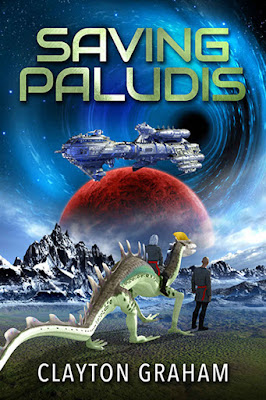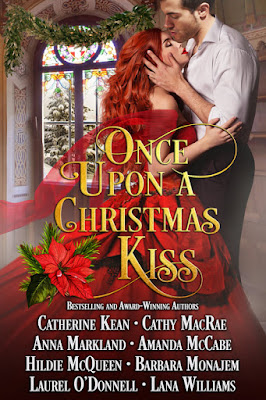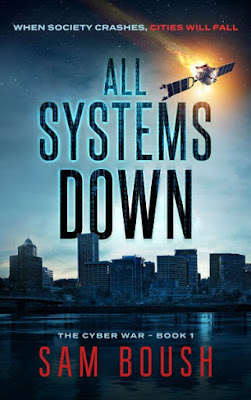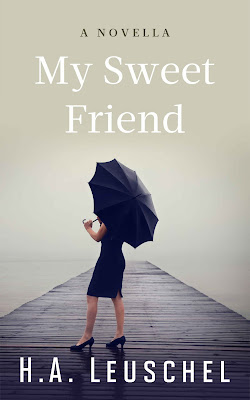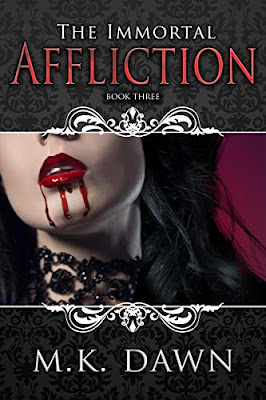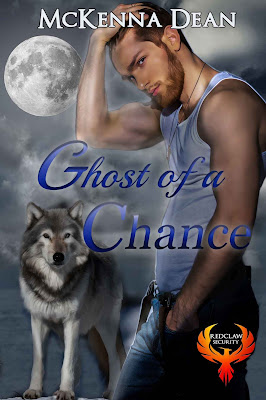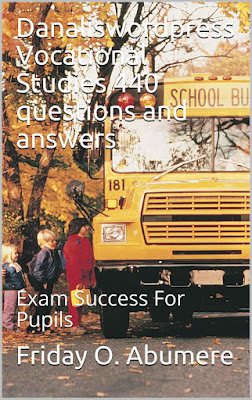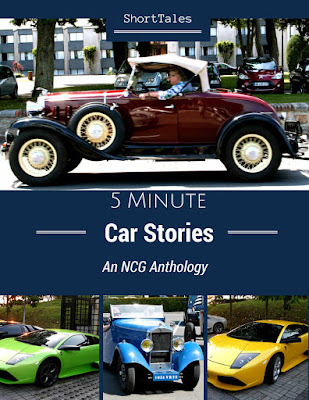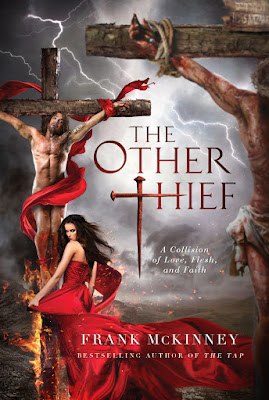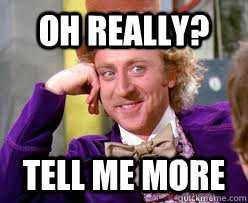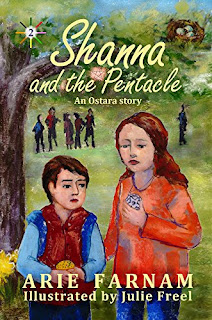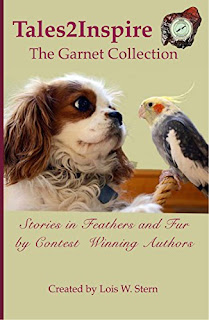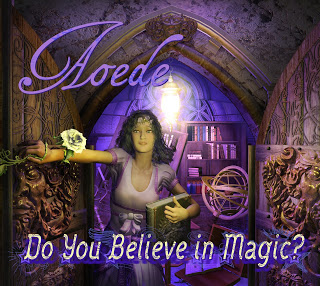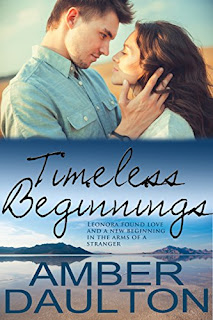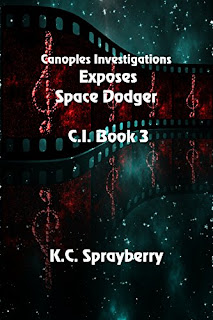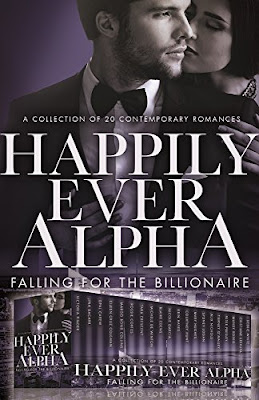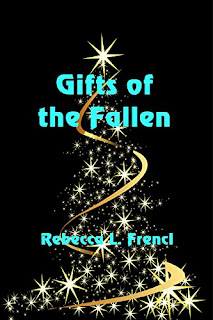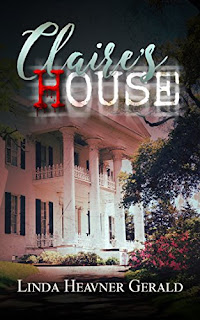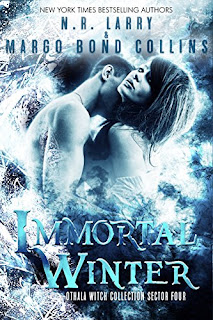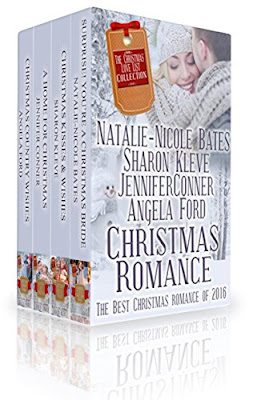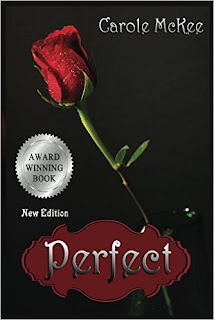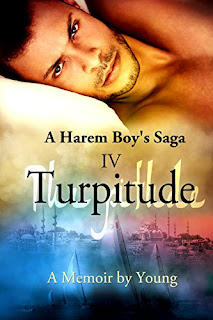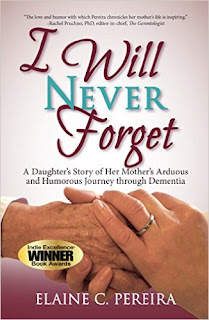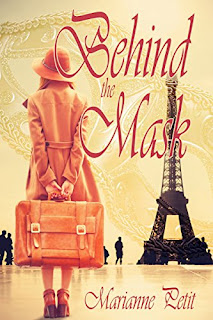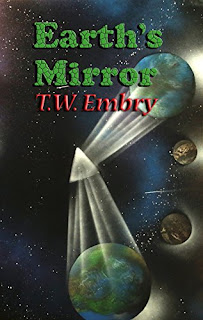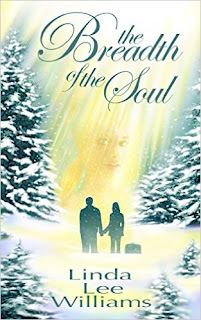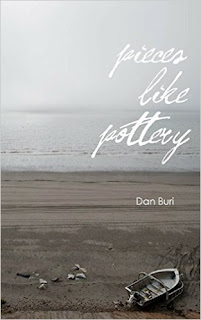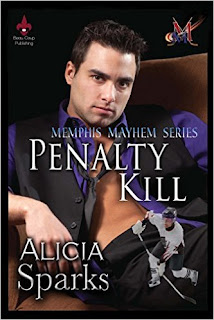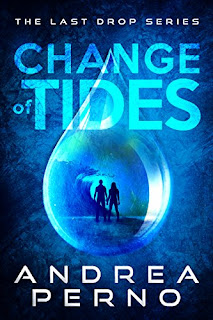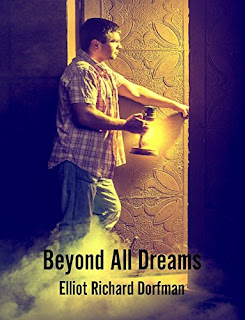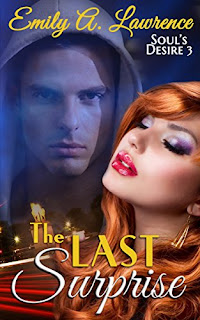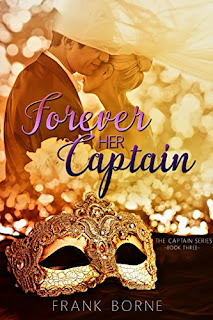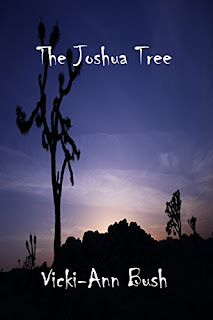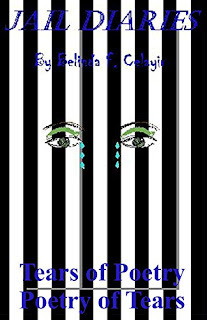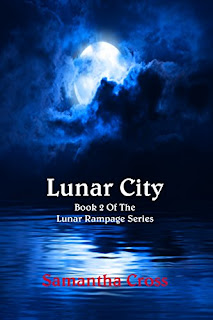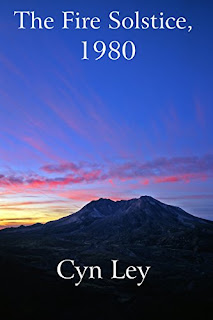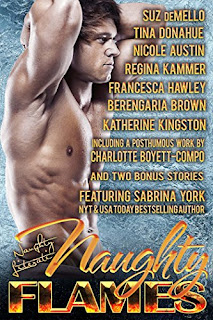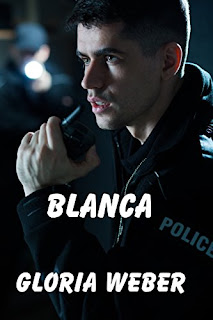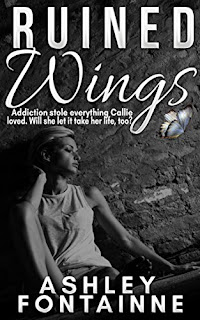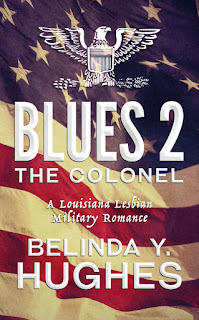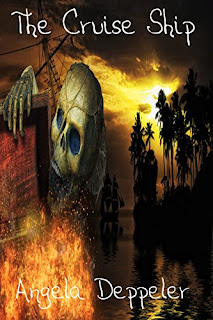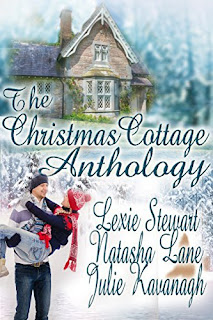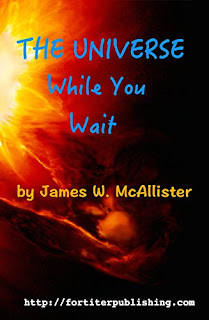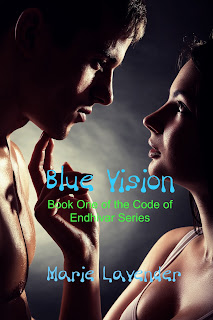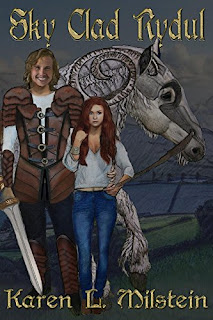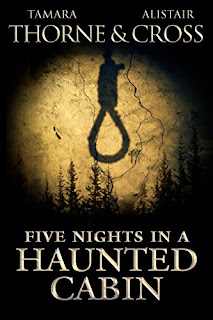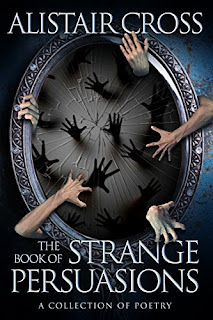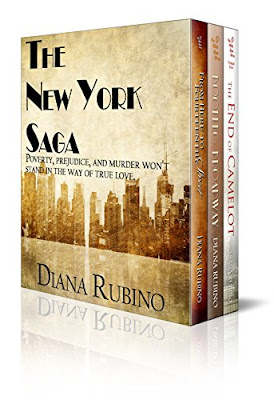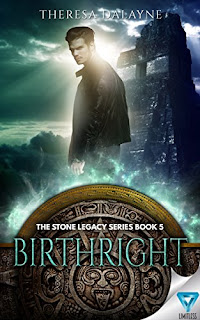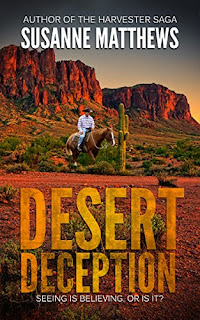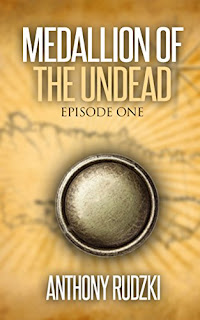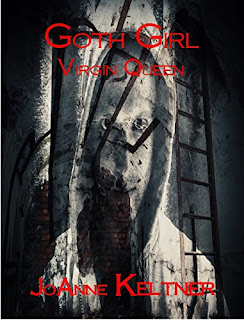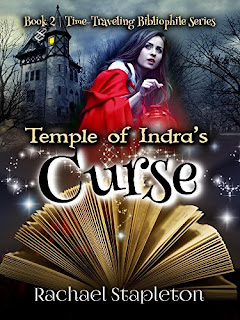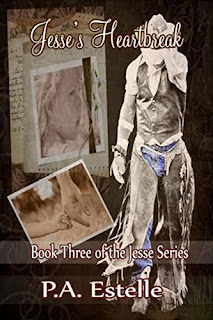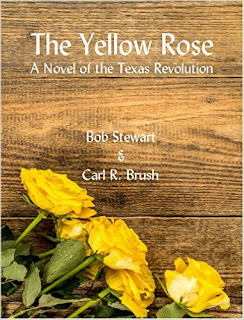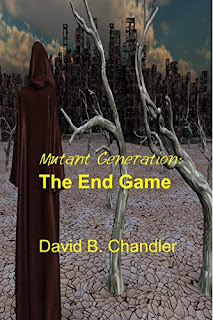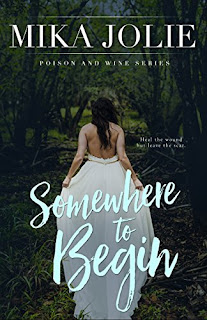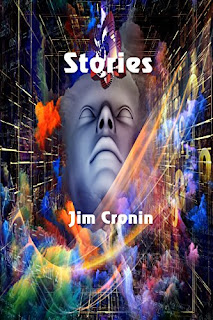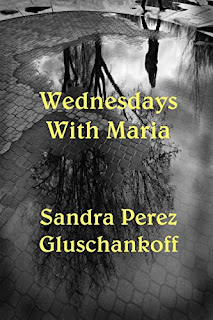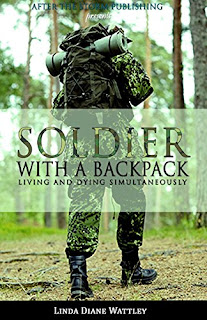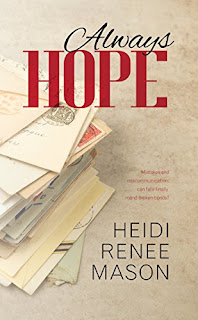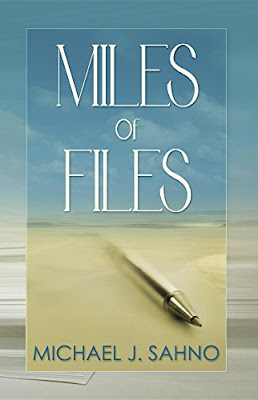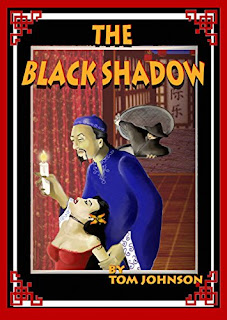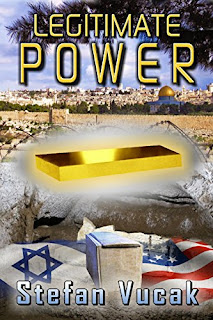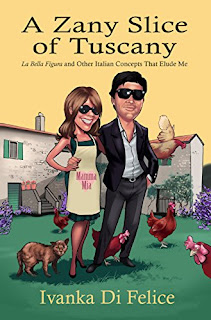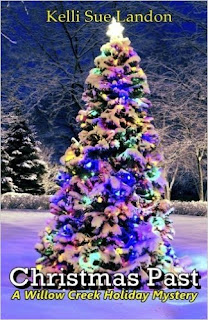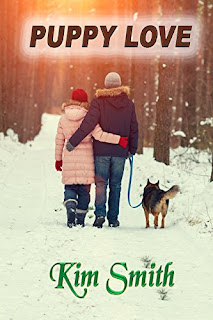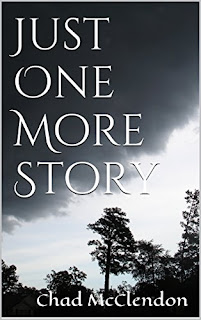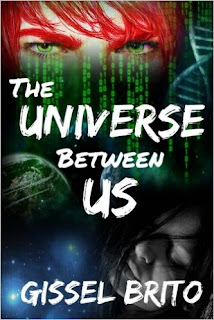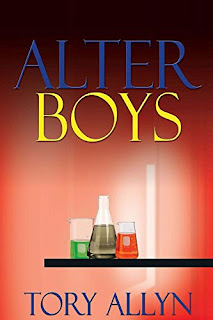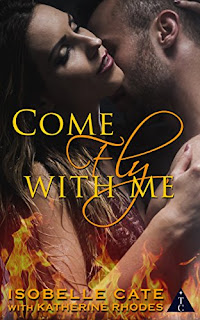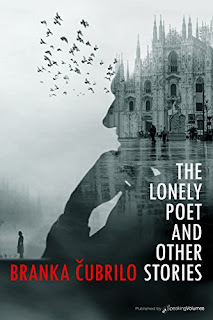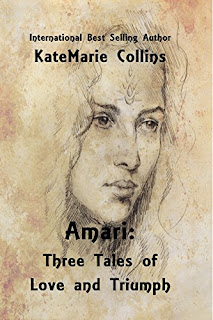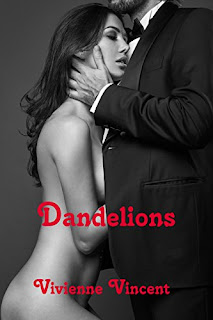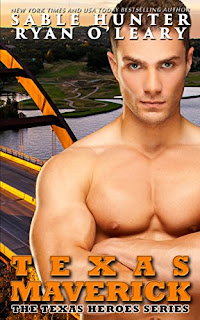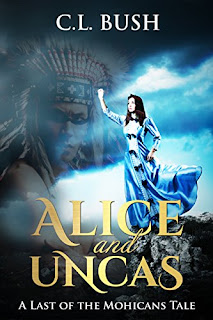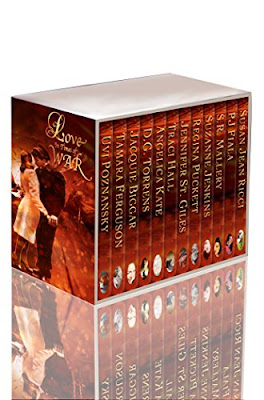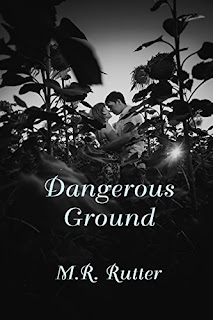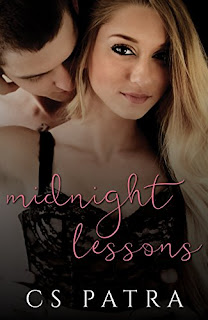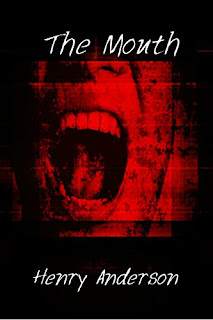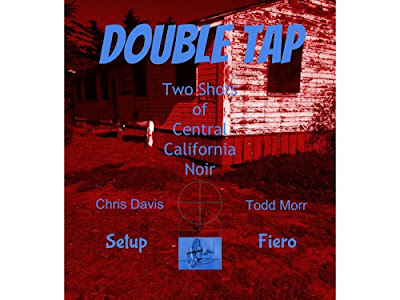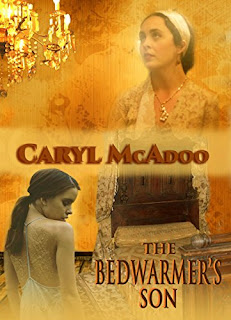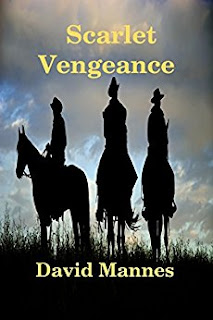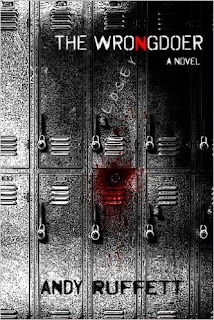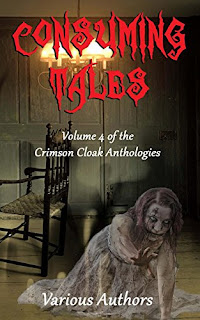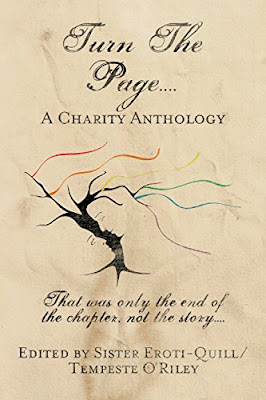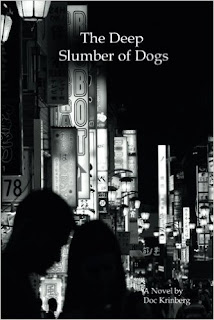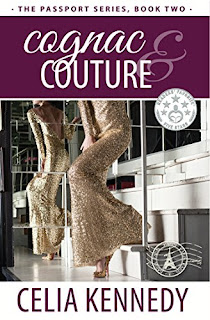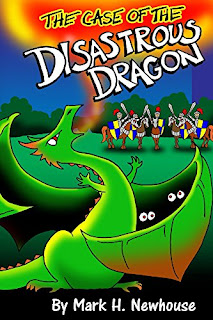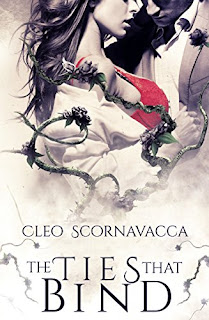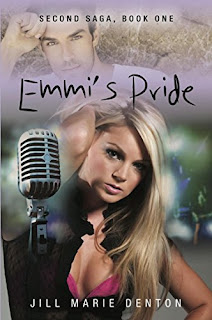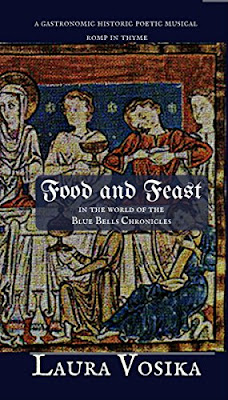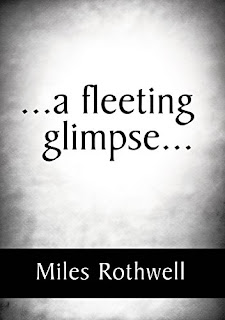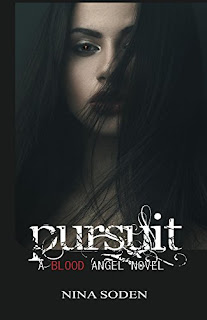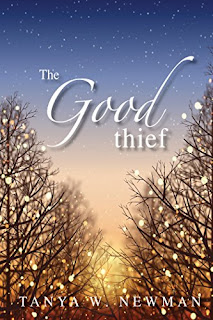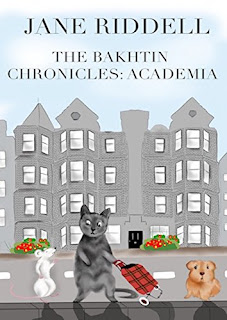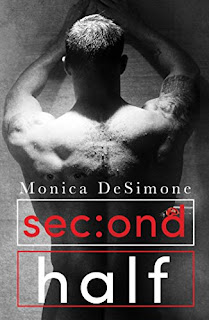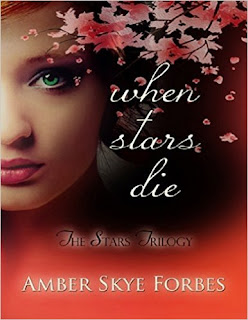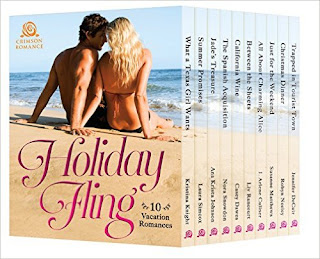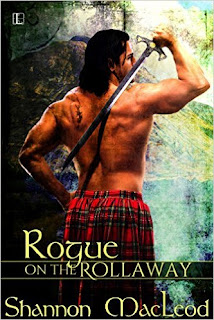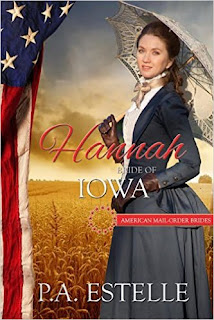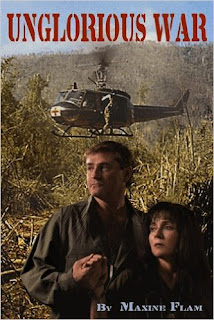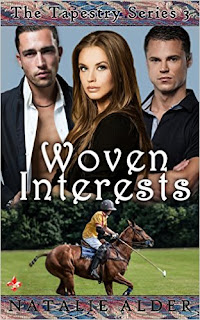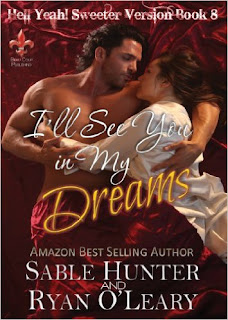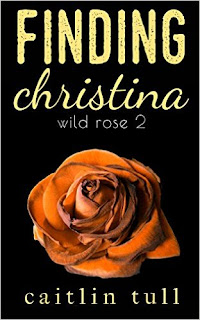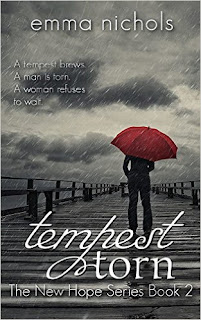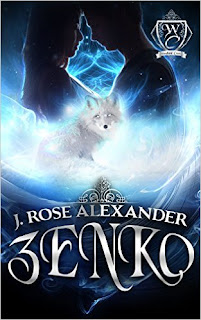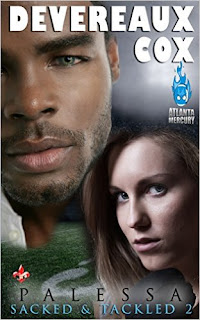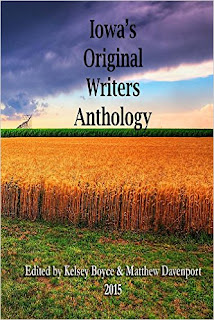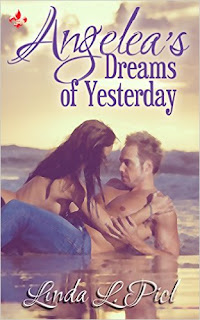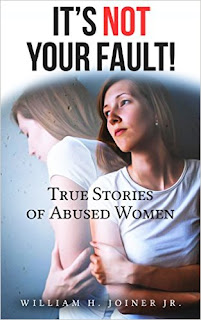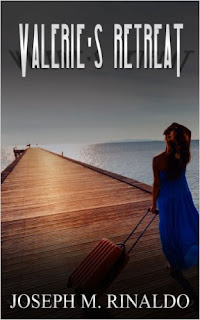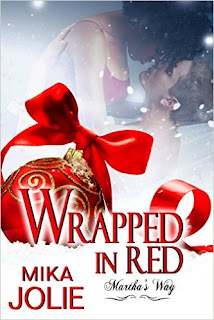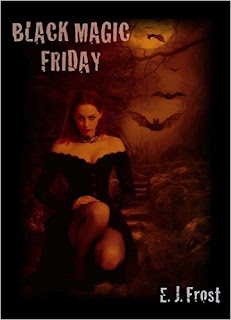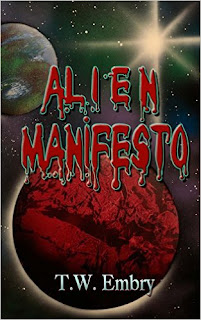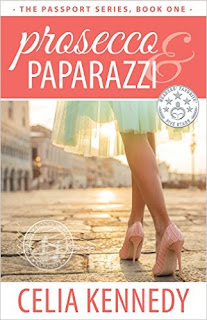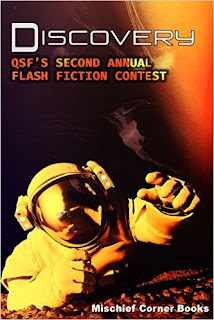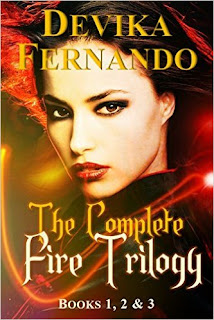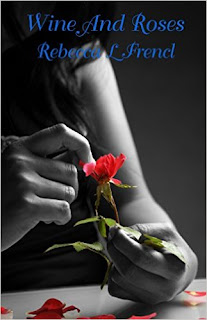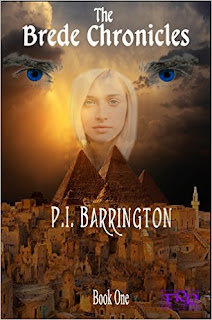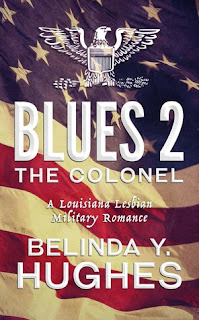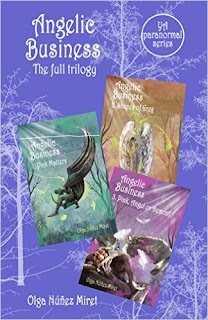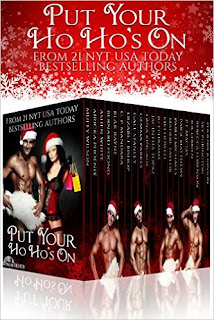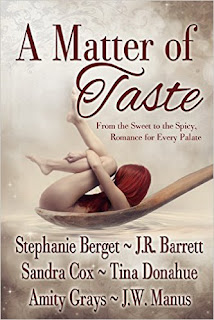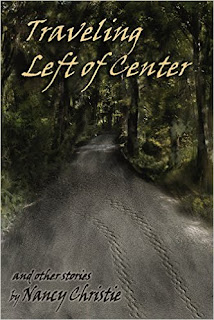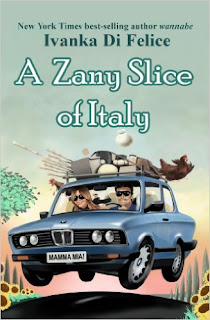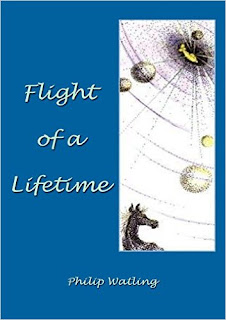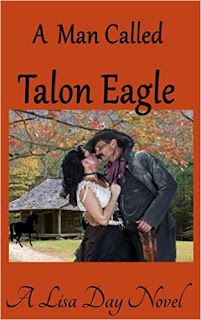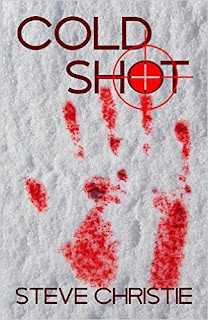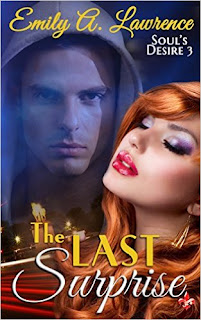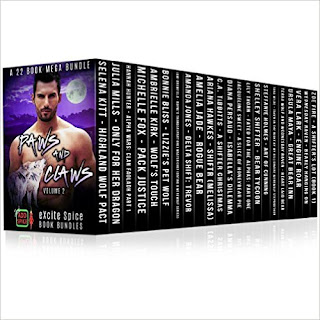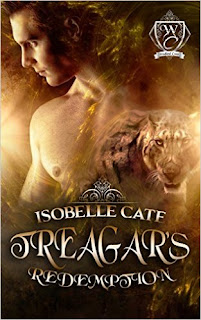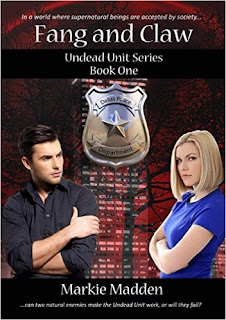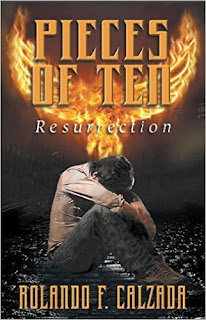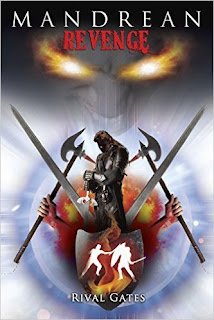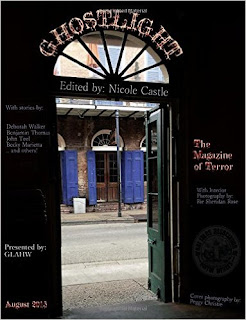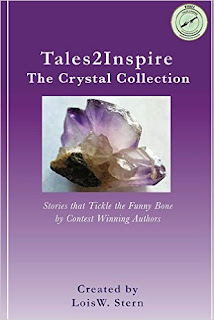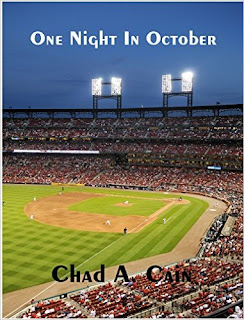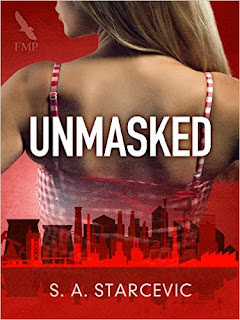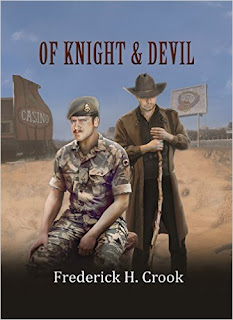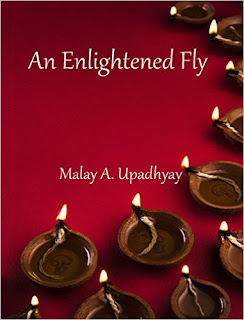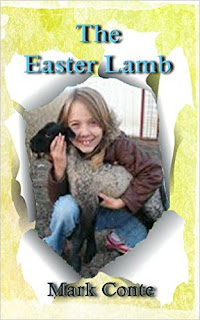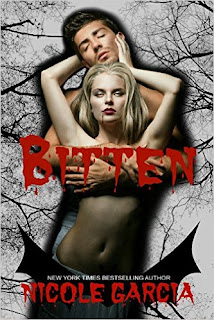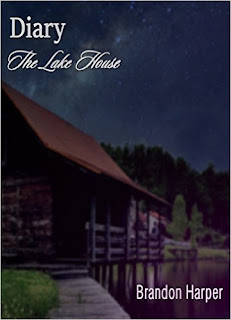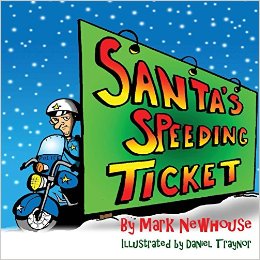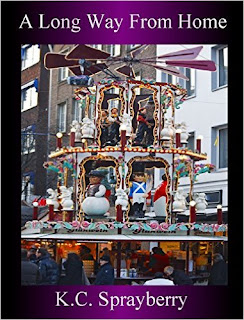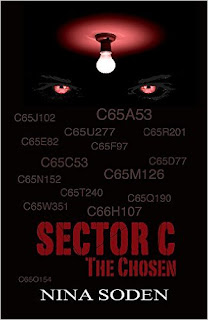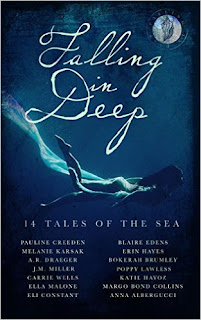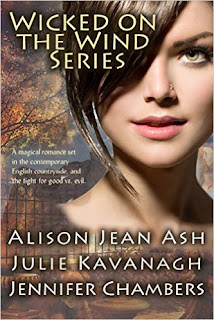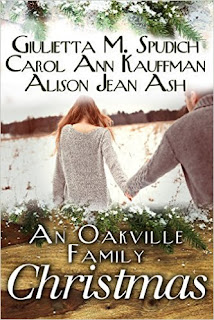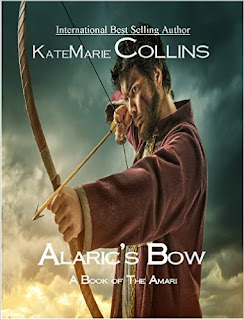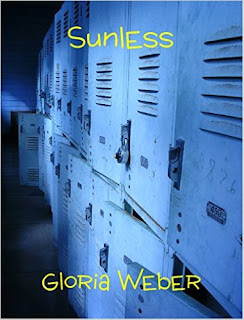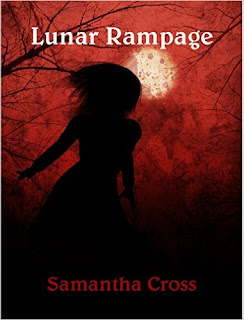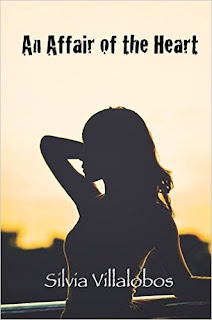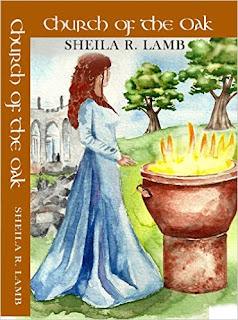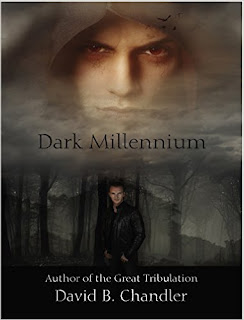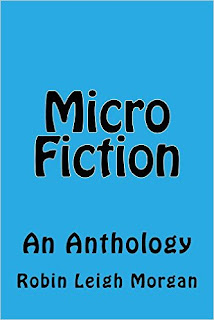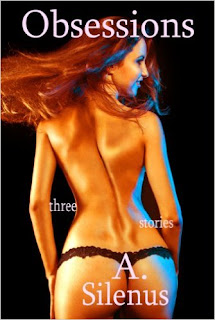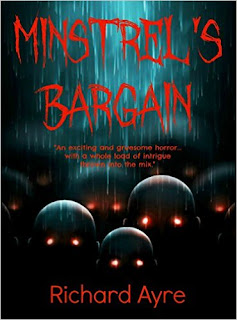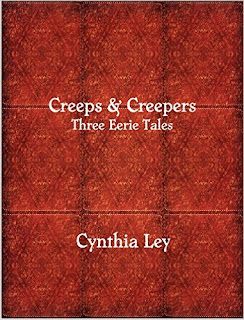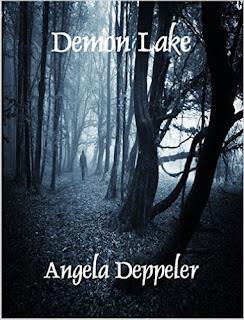|
What and Why Do I Write: a guest post by Branka Čubrilo On June 17, 2023, in a spacious and architecturally appealing rooftop ambience of Mosman’s Fernery function room (Sydney, Australia), I had for the third time (over a period of 23 years) a book launch for my novel, Requiem for Barbara, published in May 2023 by my American publisher, Speaking Volumes. The event was well attended by about 60-70 people, just the right number to completely fill the space. The special honor this time was to be introduced to the crowd full of anticipation by my one and only daughter Althea. It was a three-hour event, and in her speech, Althea explained her experiences of living and understanding a mother who is an author. She detailed the differences of comprehension from a child, to her adolescence and finally adulthood. For me, I believe for all present alike, it was a revealing, touching, and humorous account. After her speech, she read the poem “Barbara” by Jacques Prévert, accompanied by classical guitar, “Preludio de Adios” by Alfonso Montes. This piece of music was chosen by the performing guitarist Su Keong, because he said, “It is a sad and nostalgic composition by Montes written at the time he defected from Venezuela to Germany”. The guitarist, Su Keong, found it “to be the appropriate piece for the ‘Requiem’ title theme of the book”. For the occasion, I wrote a speech, my address to the audience to make them understand what I write, why I write, and what writing means to me or to a writer in general. I’d like to share this speech with a wider audience because I received many congratulations for it, learning from the audience that this speech might interest and enlighten many... Very often, in interviews or privately, I get asked - what do I write about? Or what is my genre? I don’t have a genre. I write about life. How do you deal with what you’ve been dealt by life? Especially, if you have been dealt a mess. Mess varies from person to person, from culture to culture, from family to family. So, the question is - what do we do about it, if the only freedom we have is what we do with the life and the mess we were born into? I develop well-structured, many-layered characters who grapple with the big and small questions of life. They are always in search of meaning, of reason, love, beauty, in search of home and ultimately of God. I write about love, but I don’t write love stories. I write about human suffering, about wars, migrations, broken homes, broken hearts, and broken countries. About broken souls and broken promises. I am concerned with the big questions of human existence - the meaning of suffering; about pride, overzealous and unnecessary national pride that often leads people astray; about freedom, the shadow self and all of the shades in between two extreme emotions. My characters are lost, often in moral dilemmas during various life crises, searching for truth. I was, and I am a person, a writer who has always been in search of that elusive bird, the Truth - it can show us how insufficient our knowledge is, be it academic knowledge, intuitive or spiritual. We are always floating on the surface of the truth, a partial truth learned in our family, educational institutions, or through mainstream media. Truth is elsewhere - that is the reason why we can’t grasp the meaning of complex but simple questions as well. My interests are psychology, though not popular psychology of the New Age, but rather my amazement with what lies deep down in the human psyche that governs our behavior, our choices, and ultimately our deeds that we are not proud of; then my interest lies in philosophy, not particularly of any philosophical school, but rather the personal philosophy of characters that they develop over the course of their lives; and my personal interest lies in exploring religion, Christianity, and often my characters grapple with never reaching the truth about the existence of a benevolent being that runs the universe or their small lives. I write how much we need love, yet how elusive this notion is, how it is hiding from us, how it is leading us through mud and thorns – per aspera ad astra - in the simple human need and wish for always more -- love. Love, such a desirable companion, shows its face and then it hides, dragging you through tremendous experiences and the sharpest pains to show you that it needs a life-long dedication to master the art of loving. How can we find and keep love when we are unable to participate honestly and without fear? How? If I talk about suffering, how many people would lift their hand up if I asked them - have they suffered in their lives any kind of heartache, hardship, loss, depression, et cetera? Unfortunately, life is about suffering, about search, about growth. Look, I don’t want to scare you, to put you off, believing that I am a depressing writer who like a vivisector with a sharp razor cuts through life’s miseries. I show life in all its glory: the bad and the beautiful. Therefore, I write about kindness, where it can take you if you are committed to doing noble deeds; I write about lost but found happiness, even when the tunnel looks like a never-ending black hole. I write about random, destiny orchestrated, encounters which change one’s life. I write about injustice and justice. I write about beauty, governed from my inner need for beautiful art, beautiful scenery, or the beauty of someone’s soul or character. I don’t paint black and white pictures, I always look for balance in my life and in my writing. I aim to be an objective observer. I observe people, listen attentively to conversations. I soak the atmosphere of a place, of a mentality, observing everything around me, thirsty to know and to use all of my feelings to enrich my mind, hence, to enrich minds and souls of my characters when I sit at my laptop for a new story. I write about you. My readers find themselves in my characters, in certain situations. In difficult times, they get hope, they laugh and cry with my characters, and I write for me, too, in order to understand my inner world better. I write about human goodness, advancement, courage, hope and redemption. I impart hope and faith. I stir emotions, so you cry and you fear my characters, you pray and laugh with me. I like my brutes, the horrible characters, the ones that you dislike (perhaps just because they have some hidden traits of your own character, so they irritate you). They commit unimaginable deeds, war crimes, their lessons bitter and hard, but eventually justice comes and you sigh the sigh of relief, promising yourself that you won’t ever again have a certain thought, deed or, shall I say, a misdeed. Usually, my leading female characters are physically beautiful women; I show the price of female beauty, the suffering of beauty, not the shallowness of it. My female characters are as well in constant search - with the need to better themselves, they study life through different lessons, through shallow clichés of the fashion world, through the New Age movement, through too many lovers, through art, or again, simply through personal suffering. Many of my female characters are sharp and self-sufficient women, while those that are not yet, are subconsciously yearning to be ‘elsewhere’ or someone better to achieve what they ultimately will become. In my short stories, I introduce humorous, spontaneous larrikins, naïve or care-free people who visit my vignettes just to make you laugh, or open your mouth wide with astonishment with how direct, rude, or quirky the human mind and behavior can be. Therefore, I cover a variety of characters, in different lands, of different nationalities, showing that nationality or culture doesn’t necessarily form the character, the good and the evil, kindness or rudeness, that all human characteristics and deeds belong to all of us, that our creator mixed and spread us equally on this earth in His need to encourage humans for the betterment of oneself and of society as such. And let me finish now with a few more words about the book we are launching, as it has a long life and history. I published Requiem for Barbara a long time ago. Precisely 23 years ago, in 2000 in my native country of Croatia. The book received good reviews and an interested readership; the Ministry of Education purchased it and placed the book in all libraries across the country. The more people that read it, the more often I was asked if there were hidden parts of my own life embedded within the story. People who know me well - my family and close friends - were all convinced that it was a loose memoir about my life. A life that I was in fact living on another continent and feeling all the struggles as a foreigner and young, unknown writer, building their life from scratch. It is an elegy, a sad story about a young female writer who struggles as a single mother in Sydney, without having any kind of help or any family. And after the heavy burden of trying and unfavorable circumstances, she breaks down and ultimately falls terminally ill. When I was writing the story, I was absolutely unaware that a similar destiny was going to befall me. Barbara was a neurotic, artistic woman who utterly adored her daughter; she led a very hermetic life where she never let other people participate. When people used to tell me that I was Barbara, that they could recognize me in her every word, or every deed or emotion, I would just shrug my shoulders, saying, “No, I am not Barbara, she is just a character who happens to be a sensitive writer locked in her own world.” I think a writer writes about experiences they have lived through and people they have encountered, as this is the ground where they feel the most familiar, hence the most competent. Even when the story is set elsewhere, or in a different historical period, the characters will still have traits of the writer or some of their experiences – real experiences or psychological structures in their mind. The majority of readers had believed that it was my own story, many even calling me Barbara, but with the passage of time the book slowly went into history, and I was called by the various names of my other female characters. In 2020, exactly 20 years after the first publication of Requiem for Barbara, I got asked to publish it again in a different language, in a different country, so, the book was published in Belgrade, Serbia. My friends and acquaintances who read Requiem for Barbara 20 years ago, re-read the book, and I received emails or messages from people asking the same question: “When are you going to translate this book into English?” I was never sure if I wanted to translate it, as this story somehow always brought me a profound sadness, for it reflected a time of my life when I was living under lots of emotional stress and adversity. Besides, I had the feeling that I had finished all my dealings with this story and with Barbara herself. But she was a part of me, part of my psyche for many years, and I understood that she needed to live again through new readership. I understood that she was destined to be published and re-published over and over and get a new audience, as if she would gain a new life, a prolonged one, or that she yearned to live forever accessible to many people, in many languages. In this elegy of mine, each chapter starts with a stanza from the poem ‘Barbara’ by Jacques Prévert, setting the atmosphere where Barbara shows parts of her personality to the reader - being a writer herself, she is a poetic, other-worldly soul who struggles with everyday living in a common world, among the people who don’t have the time to listen to the song of her soul nor hear verses of her poetry. The rest you will find in the book that has been published for the third time, and hopefully many more times in many more languages. Guest Blogger Bio 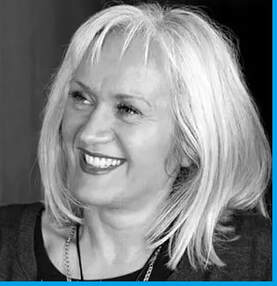 Branka Čubrilo is an international author of eight novels and two short story collections. Branka has lived in Australia, Spain, and Croatia, and has also worked as a radio producer and presenter on SBS Australia, as well as working as an interpreter and translator of several languages. Branka's latest book, Requiem for Barbara, was published in May 2023. Branka's articles and essays and short stories have been published in many online and print magazines. Two years ago, Branka was named one of the top ten writers of literary fiction by her American colleagues in a literary magazine run by the author Caleb Pirtle. All of Branka Čubrilo's work is available at Barnes and Noble, Amazon, both in ebook and print editions. Branka's novels published in English include: The Mosaic of the Broken Soul, Flume - The Lost River, Dethroned, Three to Tango & Other Stories, and Requiem for Barbara. Links https://speakingvolumes.us/author/branka-cubrilo/ https://www.amazon.com/stores/Branka-Cubrilo/author/B0052Y00I6 https://medium.com/@brankacubrilo https://www.instagram.com/branka_cubrilo_author/?hl=en https://www.youtube.com/@brankacubrilo4072 Check out our latest Writing in the Modern Age post here.
0 Comments
Explore the A to Z's of Writing: an admin article by Marie Lavender
This week, I thought I'd take a moment to go back to basics. I would like to explore some terms we use in the writing industry. For newbies, you'll hear these from fellow writers or editors at your publisher at some point. Or, you might see them on how-to articles. And if you've taken a writing workshop at all, you've probably heard most of them. Even if you're a seasoned writer, it can't hurt to reacquaint yourself with these words or phrases, as well as to keep the following advice in mind. So, without further ado, let's explore the alphabet of writing...
1. A for Antagonist - The villain in a story, or at least a concept/obstacle which stands in the way of the main character (protagonist) reaching his/her goals or happiness.
Writer Tip: Always include an antagonist, or at least a barrier preventing the protagonist from getting what he wants, in any work of fiction. This automatically creates conflict, which heightens tension and moves the plot along. 2. B for Book - a published volume which includes a single manuscript, or a collection or anthology of several works. Such work housed within the book can be fictional in nature, fact-based, or even include poetry. There are full-length books in the industry, as well as shorter ones. A published 'book' may be in digital (ebook) or physical format (such as a trade paperback or hardcover). A 'chapbook' is often a shorter book written by one author, with numerous poems or short stories included. Writer Tip: Whether you decide to get published traditionally or on your own, do your homework on your intended genre and make sure your manuscript is properly edited and formatted in advance. 3. C for Creativity - A type of self-expression for a writer or artist which may result in the form of writing, painting, sketching, or designing a work of art. Creativity is the act of turning new ideas into reality. Some businesses might ask an employee to implement creative problem-solving just to come up with a unique solution to an issue. Writer Tip: Stretch your creative muscles by trying different mediums. Start writing in a separate fiction genre, go for an essay, or construct a poem instead. Another option would be to paint or draw a scene or element from your story. Some fantasy writers like to expand on the idea of world-building by making a map of that fictional world, a fun detail to include inside the book when it gets published. Create a shadowbox for a room in your house (use a specific theme), or even paint the wall in a new color.
Any of these creative endeavors can open your mind to new writing ideas.
4. D for Development and Dialogue Development - You'll usually see this in reference to 'character development' or 'characterization'. A character is a person represented in a fictional tale. The story can be told from this individual's perspective. Writer Tip: Know your characters well, especially the main ones. Even if you don't include every detail in the story, it can't hurt to know how a character would react to a certain situation. Be sure to add 'consistent inconsistencies' (for example, a thrill-seeker who is somehow afraid of heights). More than than anything, though, you must learn to listen to your main character. Dialogue - The speech patterns and discussions between characters. This is separate from the internal thoughts (monologue) of a main character. Dialogue in a book should be as natural as possible. Writer Tip: To exhibit realistic dialogue in a story, take some time to recognize the flow of conversations in real life. How do people talk? What gestures or sounds do they make during specific parts of the discussion? How do they emote or express themselves?
5. E for Empathy - A sense of fellow feeling for another person, or putting yourself in their place. This is a key component for any writer who intends to create a believable character. It's also necessary to add enough emotion which translates on the page so that readers will start to care about what happens to your character. The way you do, right? ;) If you have begun to wonder where you're going wrong, then try to connect better with your character. Learn more and imagine how they'd respond to situations.
I know I've done my job when I'm feeling the emotions that the character is going through. If he or she is sad, tears are probably streaming down my face, too. No, I'm not really crazy. This is just the writer's journey as the story progresses. It's no different than getting choked up while watching a dramatic film. When we write, the story plays out in our heads like a movie. So, why wouldn't we respond to that in kind?
Writer Tip: Know the plot and main character well enough to express those facets within the story. Remember, empathy is deeper than sympathy. Readers will come back for more if you evoke the same emotions in them. Make the story and characters relatable.
6. F for Fiction - Often told in story or novel form, fiction is a creative work, concerning people, places, or events. It is not based in fact, though certain objects, historical figures, and actions which are mentioned can appear real. The key elements of fiction include character, theme, plot, point of view, setting, conflict, and tone. Fiction can be divided into different areas or 'genres'. Writer Tip: Unfortunately, some parts of reality must off-set an imaginary world. The more of a relatable quality you can add to any story, the more likely a reader will connect with the characters and the events happening therein. 7. G for Genre - This describes the category that a specific book falls under. Some examples are romance, mystery, science fiction, and horror. You've likely been on Amazon and noticed all the sub-genres listed there as well. So, that leaves a lot of room for writers to put their stories. Writer Tip: Try your hand at writing different genres. Use the following prompt: Rain came down in sheets, a hard battle against each window, while lightning struck nearby. The raging storm outside, though, hardly compared to the one within. Continue the story on your own from where the last sentence started. At the same time, think about the separate tones you can add to the tale to make it more romantic, mysterious, supernatural or spacey, and even creepier. Write four different versions, one for each genre - romance, mystery, science fiction (feel free to substitute asteroids for rain, as I know it doesn't rain in space), or horror. They don't need to be long stories or even finished, just enough to establish tone. Then, decide which one you like best. 8. H for Hook - A 'hook' is a sentence in the first paragraph of a scene or chapter which compels the audience to keep reading. If this is done well, the pop, so to speak, usually falls in the first sentence. Similarly, a 'closing' positioned at the end of a scene or chapter, should make the reader want to find out more. That means they're in it for the long haul, prepared to continue diving into the reading experience. Writer Tip: Do your best to avoid losing the audience in the first chapter, but especially in the first paragraph. Draw someone in with a leading sentence that makes them wonder what happens next. If you effectively use the same technique for opening and closing each scene and chapter, you'll have nailed a big part of the author job description. The most challenging portion of landing a good hook, however is doing it for the whole project, in the first sentence of a story or book. 9. I for In the Middle of Things - This is a direct translation for the Latin phrase 'en medias res', a term we use in the industry for stating the best place to start a story - in the midst of some action. Sometimes, as writers, we don't realize the beginning until we've written other leading sections. For example, if your project entails a woman getting fired and how she handles it, breaking out on her own and finding a new career, you wouldn't want to start the story at breakfast time, right? No, you'd begin when she's hauling her butt - perhaps complete with a speeding ticket - to get into the office without being late, just to find out she's been let go. Or, you might start it right at those fatal words. "Sorry, Julia. We've decided you're no longer a good fit for this company." Um...what?
Exactly. Do you see how those punches to the gut can hook a reader into wondering how the character will react? Oh, no, she's been fired. What now?
Writer Tip: Take some time to decide where your story starts. Better to do that now than to be forced to cut out a whole section - one you thought was the beginning of the tale - later on. 10. J for Justice - My own term for the moment when a story's 'climax' and 'resolution' have produced a fitting end. For me, it usually comes when I'm reading a mystery, thriller, or romance novel. Book lovers both dread and relish this moment. They get peace, at long last, for everything in the story finally has reached a positive outcome. However, the story is over and the reader must move on, which is a regrettable conclusion. Writer Tip: Make sure your own story has a sense of 'justice' by wrapping up all the loose ends in a satisfying way. 11. K for Knowledge (Research) - Your grasp of information which you've gleaned through an educational experience. With writing, the term we use is 'research'. It's a sometimes dreadful yet rewarding challenge. Some newer writers feel that research is a waste of time. Believe me, it isn't. There will undoubtedly be facts you need to learn just to fill in a character's personality or background. For example, we can't all know what it's like to be a firefighter, or how to describe a cottage in Somerset, England. That's what research is for. I promise you this is not a time-waster. Let's face it, your audience is intelligent. They 'know stuff', for lack of a better phrase. For example, historical fiction writers rely heavily on their understanding of past events, and how they can use them as a main backdrop for a story. The characters might be fictional, but the way the people interact with what really happened then offers the audience a sense of how some individuals must've responded to it at the time. Research is key here. Greater authenticity in a book attracts more readers. It's supply and demand, that's all. Writer Tip: Break your large research tasks down into smaller ones. Look up one fact per day, or spend an hour per week filling in all the details you procrastinated about. Then, stop and continue next week. It might not look like it at first, but these little jaunts of research add up over time. Plus, once you have everything organized, you can just do a quick search for what you wanted to know. So, pull on your big kid pants and get to researching. 12. L for Literary Fiction - This sub-genre still includes all the rules of fiction, while invoking a deeper character study. The focus then moves toward conveying a message about the human condition, and sometimes an overall political or environmental statement. In literary fiction, the character must evolve in some way, perhaps even have an epiphany by the end of the story. A small population of readers tend to get snobby about this genre, calling it 'true literature'. Though some elements of each story may reflect other fiction categories, the intense depth of character portrayed in these books make them 'literary fiction'. Some examples of literary fiction are The Handmaid's Tale by Margaret Atwood, To Kill a Mockingbird by Harper Lee, The Great Gatsby by F. Scott Fitzgerald, All the Light We Cannot See by Anthony Doerr, Brave New World by Aldous Huxley, and The Book Thief by Markus Zusak, amid countless others. Many of this genre's popular titles have been adapted into film. Writer Tip: If you're more of a character-driven story writer, literary fiction may well appeal to you. You might find you're more comfortable writing here. Try it out...what can it hurt?
13. M for Motivation - This is what drives a character to keep going. It's about the thing they want the most in life, and the actions taken to reach their goals. Motivation is a key element to recognize when learning about your main character. It will help that person attempt to circumvent the antagonist, or big obstacle, which is standing in their way. And sometimes, at least internally, the problem could be their own misconceptions about the world or themselves. Motivation can also be subconscious - a deeper dream - something that person has always wanted, even though they might not have thought it was possible. Perhaps they came from a foster care situation and always wanted a real family.
Writer Tip: Identify what motivates your character. What does he or she fully desire? What is the most important thing to them? What are they willing to do to get it? Also, what exactly is the problem in the story? What prevents them from reaching their aspirations? Eventually, it will all be buttoned up by the end of the story. But for now, what is driving your character forward? 14. N for Non-fiction - A written work which is distinguished by the very fact that it is, well, not fictional in any way. Usually, you'll find biographies or even autobiographies, covering real people in the world, whether he or she lives currently, or was instead a historical figure. Either way, that person has existed at some point, and they're the sole topic. Memoirs fall under this category. Creative non-fiction, or 'narrative non-fiction' as the more popular term, is when a writer constructs a story about a real person yet adjusts small details - names, personal traits or appearance, perhaps even smudges some dates - to protect those identities. The events that happen are real, and so are the emotions which stem from them. Yet, creative license allows the writer to embellish on certain facets of the tale, while still diving deep into characterization and finding out how someone ticks. The artist at the helm of a non-fiction work becomes the conduit for a real-life story to be told. Other types of non-fiction include reference materials on various subjects - informational resources for those who might require them. Such resources can also include travel guides, books on philosophy, self-help or instructional guides of any kind (books on dieting, cookbooks, business success titles, and how-to manuals, among others). Journalism and humorous non-fiction are a part of this overall category as well, at least as long as the commentary relates to current events. Just for fun, I'll list several names of authors featured here on Writing in the Modern Age over the years who published works of non-fiction (some write in multiple genres). Some of those writers are Wayne Neely, Kathryn Elizabeth Jones, S.A. Soule, Cindy Fazzi, Dougie Brimson, Lance and James Morcan, Stefan Vucak, Mark Iles, Jim Anders, Rhonda Cratty, J.L. Smith, Lisa A. Snidernman, and so many more. Writer Tip: Try your hand at non-fiction. Write an essay or an article for a blog. Keep track of your sources and make sure they're legit. Or, if you're truly passionate about a topic, maybe you'd like to write a non-fiction manuscript and submit it to a publisher. 15. O for Outline - A writer's outline is a little like a book synopsis, which is often submitted in a query to a publisher or literary agent. This is a detailed account of what happens in a story. Sometimes, brainstorming is used to create an outline. The outline helps to fill in some of the blank spaces for writers who are struggling to finish a book. At least, having an idea of the events that occur next gives them a sense of what to focus on during the project. Let's say that you, as the writer, have a general notion of what the book is about. But, how do you get there? Writing is rarely a linear journey. However, making an outline can benefit you, sometimes exponentially. Perhaps you know what the character wants in life, and have a basic idea of what he should do to get there. Yet, it isn't your life. This is the character's. His background, environment, and any assumptions he's made about the process will come into play. You must take all of these details into account. Look at the path like a roller coaster ride. There will be ups, downs, then twists and turns to reach the end. So, now knowing all that, what can we glean from it to make an outline? Writer Tip: Start at the beginning, and think of possible scenarios which could happen. What might get in the way of your character's goal or goals? Obviously, you shouldn't overload the path with tragedy or anything. But, throwing in a few obstacles can't hurt. It heightens tension, and may eventually make your character more determined to get there. Try a brainstorming session to get some ideas flowing.
Once the true course seems evident to you, write a detailed outline.
Actually, for a book project, the outline might even be longer than a polished synopsis which you'd send to a publisher. Just remember that your outline will provide a clearer route for the character's end game, and this will also make it easier to write the story. Some writers are pantsters and not knowing what happens next actually works for them - they see it as inspiring. Personally, I find it more reassuring to have an outline. That way, I can organize my approach. Cutting through the chaos makes me more productive. The choice, however, is yours. 16. P for Premise, POV, and Plot Premise - The premise of a story is your personal pitch. It's basically the main idea for the book, often told in a few sentences. This is so foundational, as you can't move forward without it. Even pantsters need this general sense of the story to write. Writer Tip: Let's say you have a thread of an idea, but you're not sure about it. Try this. Write five different yet basic story ideas, a sentence or two long for each one. Remember, you won't know all the details just yet. Pick the idea that calls to you most, the option that causes you to feel excited to dive in. Congratulations! You're ready to get to work.
Point-of-View (POV) - Think of this term as a camera spanning the room. The angle portrays the character's perspective. I see third person POV (he/she) a lot in romance novels, though now and then, an author will surprise me. Romantic comedies are usually told in first person (I). Urban fantasy writers pick that approach quite often as well, perhaps to immerse the reader in a deeper perspective, which is sometimes more conducive to action-heavy tales. The point-of-view you select for a story is a personal choice, though.
Use one type of POV per story. For example, third person narrative versus first person POV. You can use both, but I wouldn't advise it. It gets too confusing, mainly for the writer. I tried it once with a mystery which I wrote (the victim in one scene, and then from the killer's perspective). It's better to choose one per book. If you're not sure which to go with, try writing a scene from both perspectives and pick the one that feels more comfortable. If you become familiar with it, the reader will sense that as well and feel connected with the story. Writer Tip: Please avoid head-hopping. Stick with one POV per scene. If it's necessary to switch to another character's perspective, do a scene break and then change over.
Do not jump from one character to another, and then to the next one, over and over again in the same space. You will make your reader dizzy, certainly confused, and they'll be tempted to throw the book across the room. Believe me, I've proofread nightmare stories from fellow writers. And they weren't intended for the horror genre. So, just to be safe, use the perspective of one character per scene instead of hopping around. Other characters may interact with that person, but we won't know what they're thinking.
Plot - This is the sequence of events which comprises a story. Plot includes the beginning, middle, and end. Whereas the premise is the book concept, the plot is the storyline which comes alive on the page - it's everything that happens to the characters. Plot can be told, written, sung, or come out through film. There is no good novel without a great plot, and 'action' is what drives it forward. Writer Tip: Take the idea you just came up with and start thinking about a main character, as well as some events that could happen. Remember motivation and how certain obstacles can stand in the way of a character's goals. See what kind of plot you can create. 17. Q for Query - An inquiry from a writer, usually in the form of a letter, which is sent to a prospective literary agent or publisher. This person is addressing the agent/publisher about possibly submitting their manuscript. Included in a query is often a brief synopsis and an overview of the writer's professional experience. Guidelines for each company vary; some want to read a few paragraphs or pages from the first chapter in advance. If the agent or editor-in-chief at the publisher is interested in learning more, they may ask for a larger sample of the book to read, or even request the full manuscript. At some point, they will get back to the writer with their response. Most will say six weeks is a good waiting period, but it can last much longer. Writer Tip: Always check the guidelines for each agency or publisher you're querying. They all have different rules. And don't be discouraged if you don't hear back from them right away. People get busy. Just turn to other tasks to get your mind off the anxiety of waiting, or you can keep querying with other agencies. Remember, rejections are par for the course. A form letter is typical. If you receive any detailed feedback, consider the suggestions. The decision to change anything is up to you, though. Don't let someone else's words deter you from your goals. Keep trying and keep writing.
18. R for Reader - A reader is someone who peruses and absorbs books, and he or she is often a bibliophile (book lover or collector). This is your eventual audience. A good critique partner will look at your story from the perspective of a writer, editor, and reader.
Writer Tip: Choose your trusted circle of crit partners and beta readers wisely. The best feedback should challenge your assumptions about the story and help improve your writing. This will get you well on the path so that a real reader can see your book once it gets published. 19. S for Setting and Sensory Details Setting - This is the character's environment. It's where the story is set, whether that is a city we know, or one we've never heard about. Finer details - by using description - help to paint a clearer picture. It can be the main character's house, their workplace, or some other area where they visit. Writer Tip: Try to describe a place you know or a location where you'd like to travel. Use your memory to fill in the details. Or, do some research online. Implement the tools we have at hand, such as the street view on Google Maps or through studying pictures you find online (or at a historical society), to make the setting come alive. Sensory Detail - A more specific way of describing a person, place, or a thing. What color? What type of fabric? What brand name? It's not just a tree; tell us what kind. Writing experts will advise you to use the six senses. Try the main five first (sight, smell, taste, touch, and hearing). We don't need to go as far as to say that the final sense is supernatural or anything. Let's just state that the sixth sense is intuition. As humans, we all get certain vibes about a person or a place. That's what we try to tap into as authors when writing a story. Short of coming off as an omniscient narrator, you can work in somehow that the character 'senses' something is wrong, or even life-changing. You can be less vague than that, but you get what I mean.
Writer Tip: The more direct of a description you can include about the character's environment or the objects they interact with, the easier it is for the reader to visualize what you're talking about. What is the color? What is the object made out of? How does it feel to the touch? Is there a certain smell in the room the person just entered? By digesting these finer details, a reader will be able to better picture themselves in that fictional world with the character, therefore feeling more connected to the story.
20. T for Tension - An element in writing which is used to introduce a sort of low-level anxiety in a reader, along with the wish to find out what happens next. However, tension can be increased, depending on suspenseful or dramatic moments in the story. Tension is there to evoke emotion in the audience. You've probably noticed it with movies. In romance writing, a tense moment denoting an unspoken chemistry is often utilized. Even if the characters don't act on it, there are internal and external cues that make it obvious. Tension is used in mystery stories as well, sometimes to create a sense of dread. As aforementioned, we continue to experience tension when a character who has a goal gets thwarted by obstacles here or there. It is a simple way to add tension over time. Obviously, you can add more tension, if there is danger or by creating an immediacy to each scenario. Here's a real-life situation we can all identify with: You need to buy groceries, but your weekly check got delayed. Do you ask a relative for a loan to tide you over, or try something else? Then...oh, great. The washer broke, so you are forced to go to the laundromat to get your laundry done.
Well, that just made a bad day even worse. So, what actions can you take to resolve these issues?
That was rhetorical, but I think you understand the immediacy of the problem. Writer Tip: Create ways to heighten tension for your character, or add a sense of dread for the audience. Perhaps the character is spying on someone because he needs to know the truth, but is afraid he will get caught. Write about the physical sensations he might experience. Also, what is he thinking?
All of this will add tension for readers and they'll feel more invested in your character. Infuse a sense of urgency, so that the reader is squirming to learn what happens next.
21. U for Unreliable Narrator (or Reliable Narrator, diversely) - Reliability, or the lack thereof, is a way of measuring and declaring the quality of a story or its characters. Common sense can't hurt, either, at least with regards to a writer using it to make connections about how an individual will react to a specific situation. Writer Tip: Write about a character who is believable, more like a real person, with flaws, strengths, and internal conflicts, rather than a typical archetype you might often see in a certain genre or in a movie.
Just make sure you cover yourself legally if you decide to base a character on someone you actually know or anyone in the public eye. Change the name and a few other details (their appearance and background). You still want to keep your friends, after all. Besides, you certainly wouldn't want to get sued over a defamatory statement.
For myself, I never base my characters on anyone in particular. I just offer the necessary information and let the reader's imagination fill in the rest. They probably all see the characters in different ways, at least until they get a look at the book cover, right? ;) 22. V for Voice - This is a fancy term for discussing a writer's individual approach to storytelling. It's basically their style. Every writer has a voice, and it eventually shows up in a manuscript. Most editors are smart enough to avoid messing with voice. There's also 'passive voice' versus 'active voice' when it comes to grammar. It's a separate thing entirely, and that has more to do with word choice and rephrasing. Writer Tip: If you're worried that you haven't quite found your unique writing voice yet, don't be. You'll come into it naturally over time, especially with increased writing practice.
23. W for Writer - Someone who naturally gravitates to the art of writing novels, stories, poems, essays, or is even a blogger at heart. Other people prefer journaling. No matter the medium, a writer is a unique blend of crazy, creative, ambitious, and numerous other qualities that it takes to pursue his or her goals.
Writer Tip: Never lose the joy of writing. Always remember where you started and why it feels so perfect to let the muse take over, how much freedom you feel when you're in the writing zone. 24. X for X-ray - An extra pair of eyes couldn't hurt, at least to help out with proofreading your manuscript. ;) Writer Tip: If you're looking for a proofreader or editor, don't ask a family member to read your book. Unless your cousin is a whiz kid at grammar, that's different. But this is a very tender stage for a writer, and you can either expect people to tell you what you want to hear, or the worst criticism you've ever encountered. You don't want that from your nearest and dearest. It's best to select an impartial party, someone who doesn't know you completely, and can separate their feelings from the bigger picture.
You need REAL feedback - constructive criticism, someone who is willing to tell you what works and what doesn't. Hire an editor. Find a proofreader. Look for critique partners you can trust. Use beta readers. All of these people serve a different purpose, and can help to shape your manuscript into something you'd be proud to show the public.
25. Y for YOU - There is only one 'you', and you're the one directing your story.
Writer Tip: Without you, the tale goes nowhere. Your vision will keep the plot going, and the characters will eventually find a home with your readers. You know your story best. The creative train doesn't shift without you, as the writer, who puts in all the work to keep this engine moving.
26. Z for Zest - A little pizazz or unique flair. Writer Tip: Throw in some zest. Use your own blend of spices. Write on a topic or create a story that moves you. Go for what you feel passionate about. There are so many more terms and phrases which we use in the industry. This was just a sampling, my take on what is significant at the moment, as well as some related writing tips. I hope it all helped! ;)
Blogger Bio
Multi-genre author of Victorian maritime romance/family saga, Heiresses in Love, and 18 other books. Marie Lavender lives in the Midwest with her family and two cats. She has been writing for a little over twenty-five years, with more works in progress than she can count on two hands. Since 2010, Marie has published 21 books in the genres of historical romance, contemporary romance, romantic suspense, paranormal romance, romantic comedy, dramatic fiction, fantasy, science fiction, mystery/thriller, literary fiction and poetry. An avid blogger on the side, she writes adult fiction, as well as occasional stories for children, and has recently started some young adult fiction. She also contributed to several anthologies. Though Marie has standalone titles on the market, her current published series are The Eternal Hearts Series, The Magick Series, The Code of Endhivar Series, The Misfits Series, The Blood at First Sight Series, and The Heiresses in Love Series. but she has many others planned. Her Victorian maritime romance sequels are returning, and the second editions of the trilogy will be released soon under her new publisher, Foundations Books. Discover more about her and her work at the following links.
List of Links: https://linktr.ee/marielavender1 Check out our latest Writing in the Modern Age book spotlight here.
Writing in the Modern Age 2018 Year in Review
Hi, everyone! For our 472nd post, I’d like to take a moment to offer an overview regarding some of our blog’s events during the year.
Since its guest inception in 2013, Writing in the Modern Age has taken on a real life of its own! What began as a haven for writers at any stage of their careers to seek out advice and encouragement in their endeavors has also evolved into a place where readers can potentially find their new favorite author in any genre. We still offer writing tips, of course, but through interviews (author or character), special blog events and our Author’s Bookshelf Feature, readers can discover ever more about the authors and books featured on the blog. With 55 posts this year and nearly 70 participating authors, I’d say we’ve accomplished a lot!
Thank you all so much for visiting the blog in 2018, whether as loyal followers or newcomers! It was such a pleasure to have you here!
Also, many thanks to our great writers, service companies, and talented authors who wrote guest posts, visited in interviews, or participated in giveaways and book features!
Below I am including information about all the guests or authors featured in 2018. Each author/guest blogger will be listed with a link to the most relevant site or page to discover more information about their work. You’ll also find each author’s latest book cover, as well as his or her location in the world. What reader hasn’t wondered where his or her favorite author calls home? The covers will be accompanied by a purchase link. Additionally, I will add links to the blog posts in which each individual contributed this year. You can view any posts you might’ve missed!
Sound good? Awesome, let’s get started. ;)
Without further ado, here are our guests from 2018!
Nermin Bezmen - New Jersey and Turkey
Character Interview
Bry Ann - Texas
Post: Character Interview
Kayelle Allen - Georgia
Post: Author Interview
Character Interview
CJ Warrant - Illinois
Post: Author Interview
Mary Martinez - Utah
Blog Tour Feature/Giveaway
Post: Author Interview
Post: Giveaway Feature 1
Giveaway Feature 2
Post: Guest Post
Post: Guest Post
Post: Guest Post
Post: Book Series Feature
Post: Guest Post
Post: Service Interview
Post: Author Interview
Post: Guest Post
Post: New Release Feature
Post: Book Feature
Post: New Release Feature
Post: New Release Feature
Post: New Release Feature
Post: Author Interview
Post: New Release Feature
Post: Author Interview
Post: Blog Tour Feature
Sam Boush – Oregon
Post: Blog Tour Feature
Post: Blog Tour Feature
McKenna Dean – North Carolina
Post: Author Interview
Post: Service Interview
Post: Book Feature
Post: Book Feature
Post: Author Interview
Post: Author Interview
Anthology authors - Laura McNeill, Rhonda Kinard, Dr.Catherine Hayes, TrinaRamsey, Kirsten Blakemore, Leslie Thomas Flowers, RoseJones, Divya Parekh, Tracie L. James and MaggieGeorgopoulos
Post: New Release Feature
Post: New Release Feature
Post: Book Feature
Readers, I hope you enjoyed our guest list this year! Authors, writers, and service companies, thanks once again for making Writing in the Modern Age awesome in 2018! We appreciate your support and wish you tons of success and happiness in everything you do. ♥ Here’s to a wonderful new year in 2019, a time for new beginnings. Let’s make the best of it!
Happy New Year, everyone!
And, as always, happy reading! :)
Writing in the Modern Age 2016 Year in Review
For our 354th post, I’d like to take a moment to offer a flashback of sorts regarding some of our blog’s events.
Since its guest author launch in 2013, Writing in the Modern Age has taken on an exciting life of its own! I can’t thank our guest writers, published authors and blog readers enough for seeing us through all those great changes! What began as a potential haven for writers at any stage to seek encouragement and advice in their careers has evolved into a fun place for readers of any book genre to find their new, favorite author.
So, what did occur this year? Let me tell you.
We had two book giveaways, introduced a new Author’s Bookshelf feature, discovered some service interviews, as well as our big 350th Anniversary multi-author writing process post. This was on top of our revolving author and character interviews, and even more poetry spotlights and new release features in 2016. With over 70 posts this year and 120 participating authors, I’d say we’ve done rather well! Starting with fantasy author Arie Farnam’s interview at the beginning of the year, to DJ Swykert’s tips about incorporating forensics into mystery writing, and Carl R. Brush’s great lessons in using the past in fiction, to Heidi Renee Mason’s fascinating poetry spotlight, all the way to Diana Rubino’s illustration of the difference between small and large presses, and Susanne Matthews giving us a look at how to effectively write a trilogy, (not to mention a few new articles by yours truly), so much has happened!
Again, thank you all so much for visiting the blog this year, whether you’re a loyal follower or a newcomer, you guested on the blog (see our blog policy, which offers more information about contributing if you’re a writer), or just simply stumbled across our site from social media. We’d like to offer you a load of gratitude from the bottom of our hearts!
Also, many thanks to our great writers and talented authors who wrote posts, or participated in interviews and giveaways!
Below I am including information about all the authors who were featured in 2016, either in an interview, article, book giveaway or other event. Each author will be listed with a link to the most relevant website to find out more information about their books or writing. You’ll also see each individual author’s latest book cover, as well as his or her location in the world. For what reader hasn’t wondered where his or her favorite author comes from? Each cover will include an updated link to a purchase page. Additionally, I’m including a link or links to the post each author contributed to this year. That way, you can catch any posts you may have missed!
Sound good? Great! Without further ado, here are our authors!
Arie Farnam - Prague
Post: Author Interview
Lois W. Stern - New York
Post: Service Interview
Aoede, or Lisa Sniderman - California
Post: Interview
Doug Bolton - Oregon
Post: Giveaway 1
Amber Daulton - North Carolina
Posts: Giveaway 1
Sable Hunter -Texas
Posts: Giveaway 1
K.C. Sprayberry - Georgia
Posts: Giveaway 1
Debbie White - California
Post: Giveaway 1
Rebecca L. Frencl - Illinois
Posts: Giveaway 1
Linda Heavner Gerald - Florida
Post: Giveaway 1
Margo Bond Collins - Texas
Post: Giveaway 1
Sharon Kleve - Washington
Post: Giveaway 1
Devika Fernando - Germany
Posts: Giveaway 1
DJ Swykert - Kentucky
Posts: Giveaway 1
Carole McKee - Florida
Posts: Giveaway 1
Bernard Foong (Young) - Hawaii
Posts: Giveaway 1
Elaine C. Pereira - Michigan
Post: Giveaway 1
Maxine Flam - California
Post: Giveaway 1
Marianne Petit - New York
Posts: Giveaway 1
T.W. Embry - Florida
Post: Giveaway 1
Giulietta M. Spudich - London, England
Post: Giveaway 1
Viv Drewa - Michigan
Posts: Giveaway 1
Fiona Tarr - Australia
Posts: Giveaway 1
Olga Nuñez Mirét - Sheffield, England
Posts: Giveaway 1
Linda Lee Williams - Colorado
Posts: Giveaway 1
Dan Buri - Oregon
Posts: Giveaway 1
Alicia Sparks - Louisiana
Post: Giveaway 1
Andrea Perno - Maryland
Post: Giveaway 1
C.J. Anaya - Utah/Brazil/everywhere
Post: Giveaway 1
Elliot Richard Dorfman - New York
Post: Giveaway 1
Emily A. Lawrence - Transylvania
Post: Giveaway 1
Frank Borne - Louisiana
Post: Giveaway 1
Michael Aronovitz/Nicholas Fisher - Pennsylvania
Posts: Giveaway 1
Vicki-Ann Bush - Nevada
Post: Giveaway 1
Linda Covella - California
Post: Giveaway 1
L. Anne Carrington - Pennsylvania
Posts: Giveaway 1
Belinda Celayir - Florida
Post: Giveaway 1
Samantha Cross - Michigan
Post: Giveaway 1
Cynthia Ley/Cyn Ley - Oregon
Post: Giveaway 1
John Stamp - Georgia
Post: Giveaway 1
JR Wirth - California
Post: Giveaway 1
Tina Donahue - Undisclosed
Posts: Giveaway 1
Gloria Weber - Ohio
Posts: Giveaway 1
Ashley Fontainne - Arkansas
Posts: Giveaway 1
Belinda Y. Hughes - Louisiana
Posts: Giveaway 1
Angela Deppeler - Tennessee
Post: Giveaway 1
Susan Lynn Solomon - New York
Post: Giveaway 1
A.A. Schenna - Greece
Post: Giveaway 1
Natasha Lane - Maryland
Post: Giveaway 1
James W. McAllister - New York
Post: Giveaway 1
Marie Lavender - Indiana
Posts: Giveaway 1
Karen Milstein - Undisclosed
Post: Giveaway 1
Tamara Thorne - California
Posts: Giveaway 1
Alistair Cross - West/New England (U.S.)
Posts: Giveaway 1
Diana Rubino - Massachusetts
Posts: Giveaway 1
Theresa Dalayne - Ohio
Post: Giveaway 1
Susanne Matthews - Ontario, Canada
Posts: Giveaway 1
Anthony Rudzki - Pennsylvania
Post: Giveaway 1
JoAnne Keltner - North Carolina
Post: Giveaway 1
Tracy Kincaid - Pennsylvania
Post: Giveaway 1
Kathleen Andrews Davis/K.A.Davis - Pennsylvania
Post: Giveaway 1
Rachael Stapleton - Ontario, Canada
Post: Giveaway 1
Penny Estelle/P.A. Estelle - Arizona
Posts: Giveaway 1
A.B. Funkhauser - Ontario, Canada
Posts: Author's Bookshelf
Carl R. Brush - California
Posts: Guest Article
David Chandler - Pennsylvania
Post: Author's Bookshelf
Silvia Villalobos - California
Post: Author's Bookshelf
Mika Jolie - New Jersey
Posts: Giveaway 2
Jim Cronin - Colorado
Posts: Author's Bookshelf
Sandra Perez Gluschankoff - California
Post: Author Interview
Linda Diane Wattley - Ohio
Post: Author Interview
Heidi Renee Mason - Washington
Post: Poetry Spotlight
Michael J. Sahno - Florida
Posts: Author Interview
Tom Johnson - Texas
Posts: Author Interview
Stefan Vucak - Australia
Posts: Service Interview
Ivanka Di Felice - Italy
Post: Author Interview
Kelli Sue Landon - Illinois
Post: Author Interview
Kim Smith - Tennessee
Post: Service Interview
Chad McClendon - Kentucky
Post: Character Interview
Post: Book Feature
Gissel Brito - Florida
Post: Author Interview
Frederick H. Crook - Illinois
Post: Author Interview
Tory Allyn - New York
Post: Author Interview
Lana K. Dempsey - Texas
Post: Author Interview
Isobelle Cate - Manchester, England
Posts: Author's Bookshelf
Branka Čubrilo - Australia
Posts: Author's Bookshelf
Kate Collins/KateMarie Collins - Washington
Post: Service Interview
Laura Ranger - Mississippi
Posts: New Release Feature
Vivienne Vincent - Undisclosed
Posts: New Release Feature
Post: New Release Feature
C.L. Bush - Undisclosed
Post: Author Interview
Uvi Poznansky - New York
Posts: Author Interview
Jannette Fuller - North Carolina
Posts: Author Interview
Margaret Egrot - England
Posts: Author Interview
M.R. Rutter - Minnesota
Post: Author Interview
Rival Gates - Nebraska
Posts: Character Interview
CS Patra - North Carolina
Post: Author Interview
Henry Anderson - England
Post: Author Interview
Christopher Davis/TJ Adams - California
Post: Guest Article
Caryl McAdoo - Texas
David M. Mannes - Canada
Andy Ruffett - Toronto, Canada
P.I. Barrington - California
Natalie Silk - Virginia
Mark Conte - Florida
Dianne Hartsock - Oregon
Doc Krinberg - California
Celia Kennedy -Washington
Mark H. Newhouse/M.H. Newhouse - Florida
Grey Francis - California
Cleo Scornavacca - New Jersey
Jill Marie Denton - Delaware
Laura Vosika - Minnesota
Miles Rothwell - Australia
Nina Soden - Michigan
Jane Riddell - Scotland
Monica DeSimone - New Jersey
Readers, I hope you enjoyed our list this year. Authors and writers, once again, thanks for making Writing in the Modern Age awesome in 2016! We really appreciate your support and wish you tons of success!
Here’s to a wonderful 2017, a time of beginnings. Tomorrow is a new day, a way to turn the page on this life, so let’s make the best of it.
Happy New Year, everyone!
And, as always, happy reading! :)
For our 280th post on the blog, I thought I’d talk a little about ‘reflections’. Just as a mirror reflects your image, the transition into 2016 offers us an opportunity for reflection.
As a whole new year approaches, we often have a moment or two to reflect on what happened throughout the past year. For some it may have been all good; others probably think it was the worst, and are looking forward to changes. But, I think for most of us, we can look back on the end of the year as a culmination of both good and bad events. Maybe you had to switch jobs, and the adjustment has been difficult, to say the least. However, there are positive aspects to that kind of life change as well. The future is uncertain, for sure, for anyone really these days, but it holds more promise than you realize. Maybe that job is the right fit. You just don’t know it yet. It’s all about perspective. As you look back on the past year and make your resolutions, try not to think of whether the glass is half full or even partially empty. Instead, remember the good moments and try to balance them with the bad. I bet you can recall some moments there where you were happy. Well, what were you doing that day? And who were you with? Store those memories to be cherished now and in the future. And the bad things that happened? They’re over now, and you can look on the new year as a fresh slate.
2016 will be a fresh slate for Writing in the Modern Age as well, and opportunities abound! Who knows? Perhaps the blog will go in directions I never imagined. That has been the path thus far, uncertain yet filled with enormous potential. Since its guest author launch in 2013, Writing in the Modern Age (#WritModAge) has housed hundreds of different writers and the blog is constantly expanding. From guest articles to author interviews, character interviews, poetry spotlights, reposted book reviews, special events all the way to the upcoming ‘Author’s Bookshelf’ feature, Writing in the Modern Age has certainly taken on a life of its own! And I can’t thank our guest authors and readers enough for not only visiting the site, but inspiring me to push forward, to try new things and make it the best I possibly can. Whether authors came to the site for an interview, to talk about a new book, or simply to offer advice to fellow writers, their efforts are much appreciated! Writing in the Modern Age was a project that began as a haven for writers of any stage to visit for writing tips, and it has also evolved well beyond that to a great place for readers, and lovers of any book genre, to find a new favorite author and to figure out what makes a writer tick. Also, since its inception, the blog has earned two awards! Yay! :)
And 2015 has been awesome! With almost 90 posts this year and 144 participating authors, I’d say we’ve done rather well! From author and character interviews to Rival Gates’ incredibly inspiring article about going your own way, to Diana Rubino and Barbara Weitzer’s advice that it’s never too late to publish, all the way to Arie Farnam’s tips on creating magic in your fantasy works, so much has happened! We even had several multi-author events: two big book giveaways, two extra special events hosted by yours truly, including a cool “Why Do We Write?” post, and two others done by talented author Lois W. Stern (she always has great ideas for collaborations).
I can’t thank all of you enough, whether you contributed to the blog as an author or writer, or simply a reader who came across the site via social media. I thank you from the bottom of my heart for making Writing in the Modern Age a lovely place writers can call home, and a site readers love to come back to time and time again! To further express my gratitude, let’s give a round of applause for all of your hard work this year!
Below I am including information about all the authors who were featured in 2015, either in an interview, article, book giveaway or other event. Each author or writer will be listed with a link to the most relevant website to find out more info about their books or writing. You will also see all the authors’ latest books, as well as their general location in the world. For what reader isn’t curious about where his or her favorite author hails from? And if the writer hasn’t yet published a book, an upcoming cover or simply an author picture will be included. Oh! You can also click on the book covers for a relevant purchase page.
Readers, enjoy the list and check out these great contributing Writing in the Modern Age authors!
Debbie White - California
Amber Skye Forbes - Georgia
Edita A. Petrick -Toronto, Canada
Susanne Matthews - Ontario, Canada
Rachael Stapleton - Ontario, Canada
Shannon MacLeod - South Carolina
Penny Estelle/P.A Estelle - Arizona
Maxine Flam - California
Natalie Alder - Massachusetts
Ryan O'Leary - Toronto, Canada
Scarlett Jade/Caitlin Tull - Michigan
Sable Hunter - Texas
Michele E. Gwynn - Texas
Nicole Andrews Moore/Emma Nichols - North Carolina
J. Rose Alexander - Pennsylvania
Susan Stoker - Texas
Palessa - Jamaica
Jordyn Meryl - Iowa
Linda L. Picl - Wisconsin
Linda Lee Williams - Colorado
William H. Joiner Jr. - Texas
Linda Heavner Gerald - Florida
Kathryn Elizabeth Jones - Utah
Joseph M. Rinaldo - Tennessee
Carole McKee - Florida
Ginger Ring - Midwest, U.S.A.
Susan Mac Nicol - Essex, England
Mika Jolie - New Jersey
E.J. Frost - Manchester, England
T.W. Embry - Florida
Celia Kennedy - Washington
Dianne Hartsock - Oregon
Devika Fernando - Germany
Chris S. Hayes - Louisiana
Rebecca L. Frencl - Illinois
P.I. Barrington - California
Fiona Tarr - Australia
Belinda Y. Hughes - Louisiana
Olga Núñez Miret - Sheffield, EnglandBernard Foong/Young - Hawaii
Tina Donahue - Undisclosed
Nancy Christie - Ohio
Ivanka Di Felice - Italy
Philip Watling - Essex, England
Sue Raymond - Iowa
Lisa Day - New Jersey
Steve Christie - Edinburgh, Scotland
Crystal Miles Gauthier/Crysmisty Lee- Kentucky |




